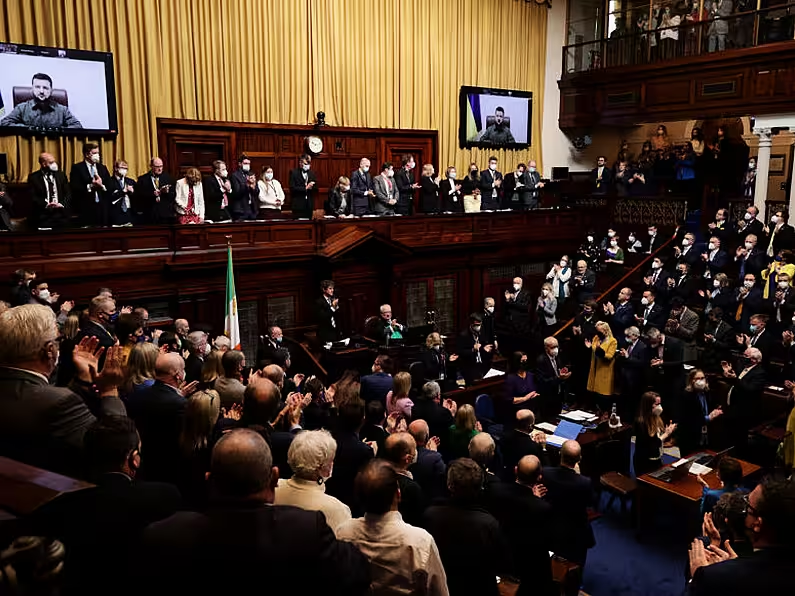The Supreme Court has ruled that delay between refusing residency and issuing a deportation order cannot, by itself, create rights to remain in the State for foreign nationals who are illegally here.
Delay does not change the status of an illegal immigrant, or someone seeking a legal permit to reside her, into a situation of permission to remain, Mr Justice Peter Charleton said.
Any such decision is for the Minister for Justice, he said.
He was giving the five judge court’s judgment on an appeal by the Minister.
The Minister raised concerns about the High Court’s Mr Justice Max Barrett having indicated a view – not a finding - that an 18-month delay between a proposal for deportation of a Pakistani mother and daughter, and the actual making of the deportation orders, gave rise to substantive and procedural rights under the Constitution and European Convention on Human Rights.
Deportation order
Mr Justice Barrett expressed that view in his judgment quashing deportation orders issued in August 2018 against a widowed Pakistani mother, MH, and her adult daughter SH, who came here in 2014 with the mother’s brother, Mr C, an EU citizen starting up a business here. The women previously lived with Mr C in the UK, having gone there in 2009 after MH was widowed.
Because he quashed the deportation orders on other, non delay grounds, which did not relate to the Supreme Court appeal, the deportation orders remain quashed, the Supreme Court stressed.
Mr Justice Charleton noted the deportation orders issued after the Minister refused residence cards for both women on the basis of findings they did not meet the requirements for residency.
Because doubts were raised about their family connection, MH and Mr C offered to undergo DNA tests and went ahead with those, which established they were siblings, after their offer was not responded to.
Delay in processing application
The judge found delay in processing an application for residency does not convert a “perilous” legal status in immigration terms, or a situation of illegal presence in the State, into legal status under the ECHR.
He noted, as a matter of general legal principle, the passage of time may lead to a situation where other rights arise which are not generated by the delay itself but might result from a significant change in circumstances during the delay period.
The Constitution does not support any different analysis, he held. Delay may give rise to rights that are enforceable in order to compel a conclusion to a process but there is an absence of authority for delay in itself establishing rights as a matter if law.
Residency card
In this case, the deportation orders remain quashed and there is no proposal to issue fresh deportation orders pending the Minister considering fresh applications for residency made by both women in late 2020 due to being part of the household of Mr C when he came here as an EU citizen in 2014, he said.
While not commenting on the 2020 residency applications, it may be said grounds of family, dependency and being a member of the household of an EU citizen, if asserted in aid of an application for a residency card, will be considered to establish if these conform to the relevant entitlements in European law, he said.
It is possible to infer the earliest consideration by the Minister “lacked this analysis” and it must be commented the Minister’s analysis “could have focused more closely on the essential points”.
Those included being a member of a household, the long-standing nature of family relationships and of living together as part of what is asserted to be a genuinely inter-dependent group of relatives. The asserted inter-dependent relationship in this case should be enquired into, he added.
While that was a matter for the Minister, the EU free movement Directive and regulations require the matter to be “squarely looked” at, and conclusions reached, based on what documentation may show, or what further correspondence or other steps, if considered necessary, may illustrate, he said.













